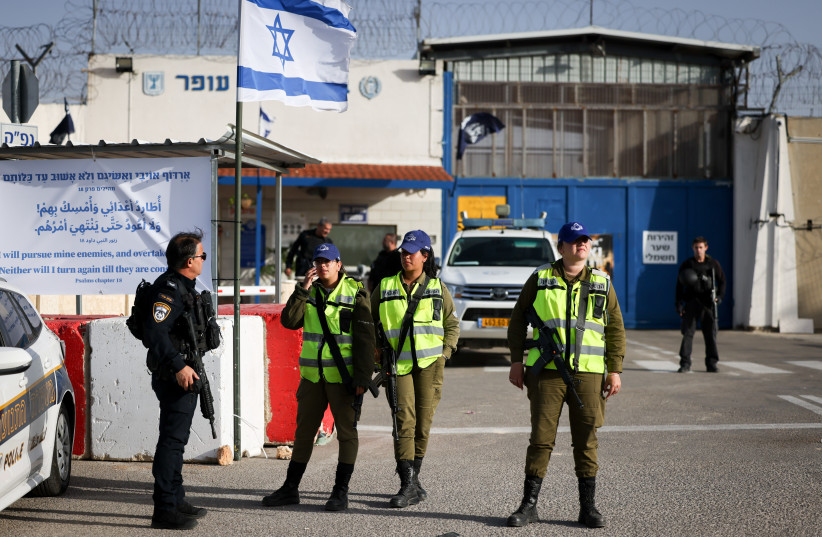Amnesty International described terrorist Walid Daqqah as a “Palestinian writer” in statements mourning his death from cancer in prison on Monday, castigating Israel while downplaying his command of a cell that abducted, tortured, and murdered an Israeli soldier in 1984.
“The death in custody of Walid Daqqa, a 62-year-old Palestinian writer who was the longest-serving Palestinian prisoner in Israeli jails after 38 years of imprisonment, is a cruel reminder of Israel’s disregard for Palestinians’ right to life,” said AI in a tweet on Monday that made no mention of his affiliation with the Popular Front for the Liberation of Palestine.
Mention of his role in the murder of Israeli soldier Moshe Tamam is only made at the bottom of the AI website statement. AI gave few details of the incident, only noting that “Daqqah was not convicted of carrying out the murder himself, but of commanding the group, an accusation he always rejected, and his conviction was based on British emergency regulations dating back to 1945, which require a much lower standard of proof for conviction than Israeli criminal law.”
Tamam was abducted for ransom, but when the cell was unable to extract him to Syria, they tortured, disfigured, and sexually mutilated the soldier before executing him.
Daqqah earned a master’s degree in political science and published books while in prison, and according to Tamam’s niece Ortal, was unrepentant and extended his influence in prison among other inmates to become a leader and symbol against Israel. Supporters have described him as a political and cultural “icon.”

Daqqah was sentenced two additional years for smuggling phones in prison
“Walid Daqqah’s writings behind bars are a testament to a spirit never broken by decades of incarceration and oppression,” claimed AI.
The official Israel X account slammed AI’s tribute to Daqqah on Tuesday.
“You have a disturbing obsession with glorifying sadistic murderers,” said the Israel account. “Looking forward to your next tribute to Ted Bundy.”
AI complained that Daqqah had already completed his already shortened 37-year sentence in March 2023, but had been sentenced to two additional years in prison for involvement in smuggling mobile phones in prison. AI claimed that the crime committed was to help other prisoners “contact their families.”
The NGO was also angered that he wasn’t able to see his wife and daughter before his death and that he only saw his child in 2022. AI did not note that the child was achieved through additional prison smuggling, as Daqqah’s wife was inseminated with smuggled semen. Daqqah married his wife during imprisonment.
Daqqah became ill with bone marrow cancer in 2022 and had to receive consistent medical treatment outside of prison. An appeal was made for early release due to his condition, and after heated campaigns by Daqqah’s and Tamam’s families, the parole committee decided in May that as a terrorist he was not eligible for early release. AI said that a final High Court of Justice appeal was also rejected.
“It is heart-wrenching that Walid Daqqah has died in Israeli custody despite the many calls for his urgent release on humanitarian grounds following his 2022 diagnosis with bone marrow cancer and the fact that he had already completed his original sentence,” said AI Senior Director for Research, Advocacy, Policy, and Campaigns Erika Guevara-Rosas.
Guevara-Rosas alleged that Daqqah did not receive adequate medical treatment and suitable food in prison, and for the last six months was subjected to torture and ill-treatment. It was also noted that he was allowed one phone call with his wife since the October 7 massacre.
“Israeli authorities must now return Walid Daqqah’s body to his family without delay so that they could give him a peaceful and dignified burial and allow them to mourn his death without intimidation,” said Guevara-Rosas.
Police on Tuesday refused to hand over the body, according to Maariv, saying they feared “provocations” would ensue.
